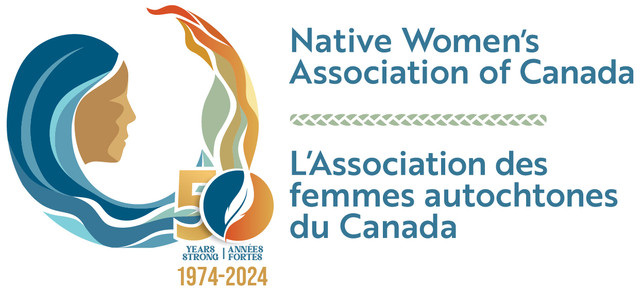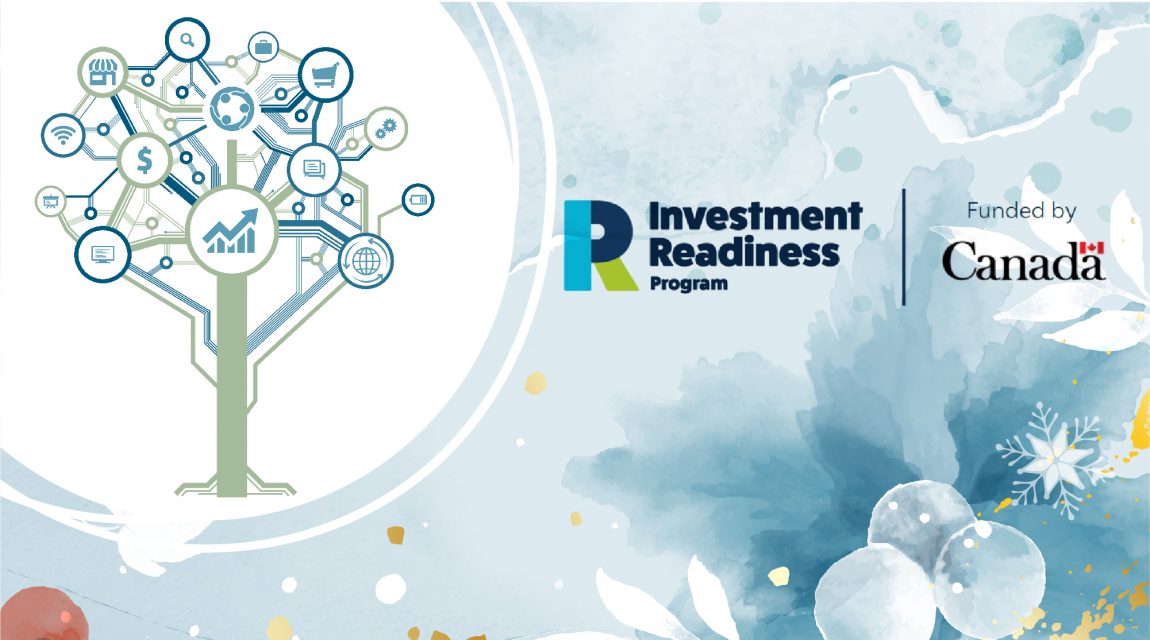As the largest national Indigenous organization dedicated to the well-being of all Indigenous women, Two-Spirit, transgender, and gender-diverse people in Canada, NWAC is uniquely positioned to respond to the realities faced by Indigenous women and gender-diverse people, and the federally regulated workplaces that employ them.
At NWAC, we stive to gather input, advice, and recommendations from Indigenous women, Two-Spirit, transgender, and gender-diverse peoples into processes that impact their lives and their work environments. Legislation and policy related to the Employment Equity Act is among these important topics.
In partnership with Employment and Social Development Canada (ESDC), NWAC took part in the Employment Equity Project. The project was part of a larger initiative supporting the work of the Employment Equity Act Review Task Force. The task force was made up of industry experts from different backgrounds, who are reviewing the Employment Equity Act and providing advice on modernizing and strengthening the federal employment equity framework.
Through the project, NWAC was pleased to be given the opportunity to highlight and apprise the federal task force of the many unique perspectives of Indigenous women, girls, Two-Spirit, transgender, and gender-diverse workers, as well as coordinate opportunities for their collective voices to be heard.
The Employment Equity Project involved the following activities:
- literature review
- engagement sessions
- roundtable session
- communication products
- final report with recommendations
Additionally, NWAC was asked to meet with the task force to present our findings and participate in a question-and-answer session.
Some of our key findings from the project:
- Ongoing involvement and inclusion in the development of changes to the Employment Equity Act as it relates to issues impacting Indigenous women, girls, Two-Spirit, transgender, and gender-diverse people
- Increased mental health supports for Indigenous women, girls, Two-Spirit, transgender, and gender-diverse workers
- Normalize seeking help
- Develop strong legislation and enforcement mechanisms, which are supported by strong communications campaigns
- Value of networking and mentorship

